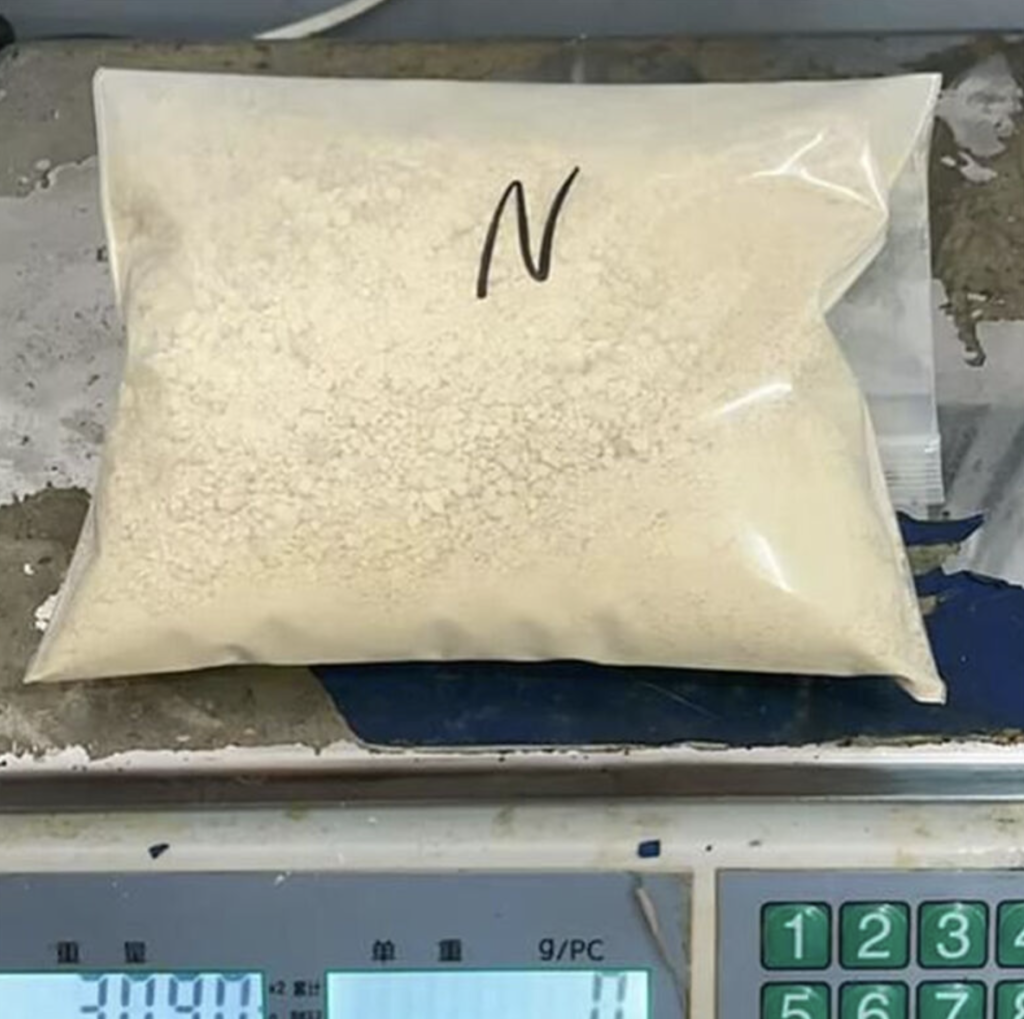Synthetic cannabinoids are human-made chemicals designed to mimic the effects of natural cannabinoids found in the cannabis plant, such as THC (tetrahydrocannabinol). Often marketed as “legal highs” or “synthetic marijuana,” these substances are typically sprayed onto plant material and sold under names like Spice, K2, or Black Mamba. Despite their name, synthetic cannabinoids are chemically distinct from natural cannabis and can have unpredictable and dangerous effects.
What Are Synthetic Cannabinoids?
Cannabinoids are laboratory-created compounds that bind to the same cannabinoid receptors in the brain (CB1 and CB2) as THC. However, they are often much more potent and can produce significantly stronger and more unpredictable effects. These chemicals were initially developed for research purposes to study the endocannabinoid system but have since been misused recreationally.
Common Uses and Misuses
- Recreational Use: cannabinoids are often used as a substitute for cannabis, particularly in regions where natural cannabis is illegal. They are marketed as a “safe” or “legal” alternative, but this is misleading.
- Research: Some synthetic cannabinoids were originally created for scientific research to better understand the endocannabinoid system and its role in the body.
Risks and Dangers
Unlike natural cannabis, cannabinoids can have severe and life-threatening effects. Some of the risks include:
- Unpredictable Effects: The chemical composition of synthetic cannabinoids varies widely, making their effects highly unpredictable.
- Severe Health Issues: Users may experience rapid heart rate, vomiting, agitation, hallucinations, seizures, and even kidney damage.
- Addiction and Withdrawal: Regular use can lead to dependence, with withdrawal symptoms including anxiety, irritability, and insomnia.
- Overdose: Synthetic cannabinoids have been linked to numerous cases of overdose, sometimes resulting in death.
Legal Status
The legal status of synthetic cannabinoids varies by country and region. Many governments have banned specific compounds, but manufacturers often alter the chemical structure to skirt regulations, creating new and potentially more dangerous variants.
Conclusion
Synthetic cannabinoids are not a safe alternative to natural cannabis. Their unpredictable nature and potential for severe health risks make them a dangerous choice for recreational use. Public awareness and education are crucial to reducing the harm associated with these substances. If you or someone you know is struggling with cannabinoid use, seek help from a medical professional or addiction specialist.


Leave a comment
Your email address will not be published. Required fields are marked *